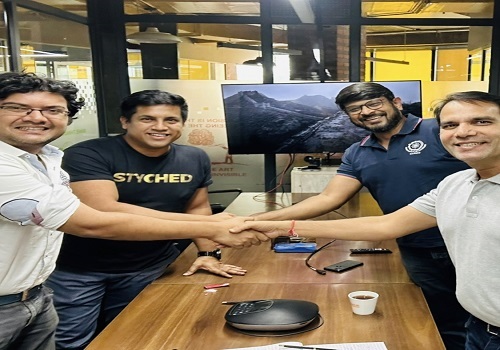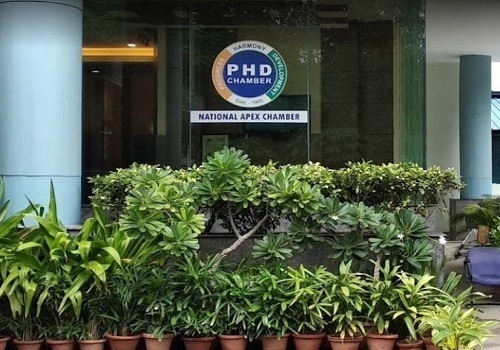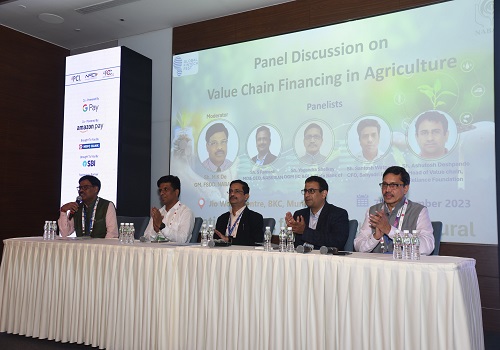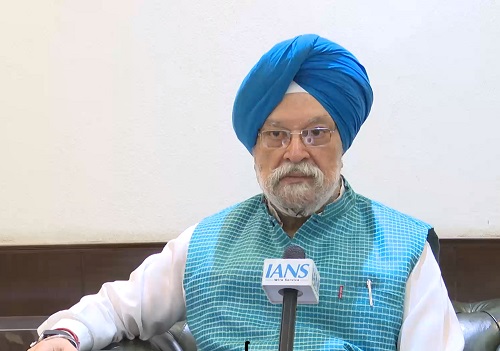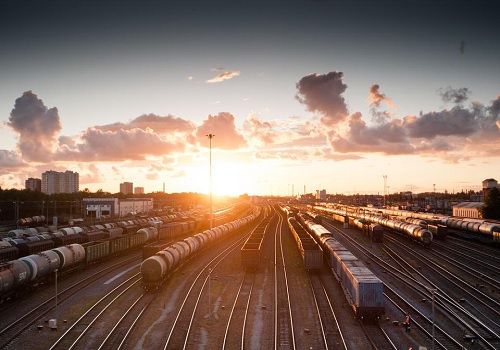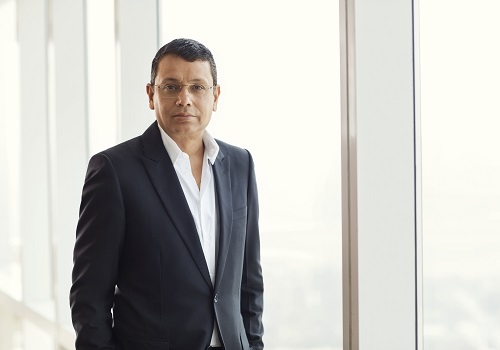JMB Group wins bid to manage Jawaharlal Nehru Port Authority`s Mumbai berth terminal for 30 years
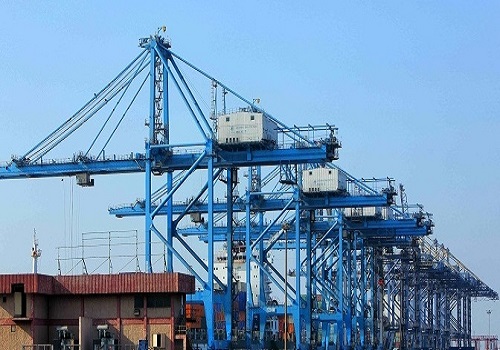
Follow us Now on Telegram ! Get daily 10 - 12 important updates on Business, Finance and Investment. Join our Telegram Channel
The Jawaharlal Nehru Port Authority (JNPA) has signed a concession agreement of 30 years with JM Baxi Ports & Logistics Ltd for the port's shallow water berth and new coastal berth terminals, an official said here on Tuesday.
The deal was signed in the presence of JNPA Chairman Sanjay Sethi, Deputy Chairman U.S. Wagh, JMB Group Managing Director D.K. Kotak and other senior officials from both sides.
Under this, the JMBPLL will upgrade, equip and maintain both terminals through the public-private-partnership mode, through a special purpose vehicle, 'Nhava Sheva Distribution Terminal Pvt Ltd' formed by the private company.
"SWB and CB shall now be a PPP terminal with the successful bidder being JMB Group. The concessionaire will upgrade, equip, operate, maintain and transfer this terminal at the end of the 30-year period. The terminal shall be developed in one single phase of 3 years," said Sethi.
He said that many major global ports are today landlord facilities with key responsibilities like marketing, which JNPA - a 100 percent landlord port - will take up in a more streamlined manner for common port business development, while continuing to develop and provide other supporting infrastructure facilities.
The shallow water berth is 445 metres long with a 4 million metric tonnes per annum capacity of which 125 metres has been developed as a 'roll on-roll off' (Ro-Ro) terminal.
It can accommodate vessels upto 30,000 DT making it the most preferred facility for coastal as were as international cargo, and being a multi-cargo terminal can manage containers, cement, general cargo, liquid cargo, etc.
The coastal berth, developed in November 2020 can handle around 2.80 million metric tonnes of coastal cargo per year including steel, cement, containers, fertilisers, foodgrains and a variety other of clean cargoes.
It has a backup area of 9 hectares for cargo storage and handling and as part of the project, JMB Group will provide an automated mechanised cement handling system and connected conveying and silos for the storage of cement which will enable faster turnaround of vessels.
Both terminals provide a series of benefits like better infrastructure for the port's development, coastal shipping, decongestion of road-rail networks, help export-import, water transport, besides revolutionising water-based logistics in the Nhava Sheva area, making it the most-connected hub in India.
















